Of this year’s three musical birthday boys, Wagner has fared, in England, surprisingly well, Verdi inexplicably badly, and Britten, as was to be expected, has received the royal treatment. No one could have predicted, though, that the culmination of the celebrations would be as glorious as it was: a single semi-staged performance at the Barbican of what, in my minority opinion, is his operatic masterpiece, Albert Herring. Surely after attending it, or hearing it on Radio 3, that might become a majority opinion. For what this performance revealed was a work that is inspired throughout, has no longueurs, which are to be found in almost all Britten’s other operas, even Peter Grimes, is cornucopian in its musical inventiveness, and, like all the very few truly great comedies, is unostentatiously serious, generous in its humanity, and leaves the responsive spectator glowing.
Several of Britten’s other operas are preferred to Herring mainly, I think, because they create a sense of unease, which is taken to be deeper than pleasure: Screw, Rape, Budd, Wingrave, Death in Venice, even Midsummer Night’s Dream, create feelings of perplexity, often and obviously connected with underlying and suppressed sexual pre-occupations. None of his other works contains anything like the cheerful eroticism of Herring, in the uncomplicated figures of Sid and Nancy, taken here by Marcus Farnsworth and Kitty Whately. They are the Frau Minne to Albert’s Tristan: Sid brews the potion which, just like the one in Tristan, does nothing more than release what Albert is already feeling, or would be if he weren’t crushed by Mum, marvellously incarnated by Catherine Wyn-Rogers at her finest. The director, Kenneth Richardson, seems to have told all his singing actors not to overdo it, and this Mum is clearly the latest in generations who have been brought up to make sure they don’t enjoy themselves. Her grief at Albert’s presumed death was moving, leading into the great threnody which so strangely is the emotional climax of the whole piece.
And Albert’s offhand dismissal of her, ‘That’ll do, Mum!’, did, for once, seem shockingly brutal, and, as the libretto instructs, created in Albert a moment of doubt before he revealed to Sid and Nancy that actually he’d been partly inventing his debauchery and acting his hangover. I doubt whether any other performer of Albert has ever been able to convey that, as Andrew Staples unforgettably did. His will surely go down as a definitive account of the role, in which, from his first appearance onwards, he discovered new and exciting depths. His Act I monologue, ruminating on how he has to spend his time, punctuated with the increasingly frustrated ‘For what?’, already showed that this was no mere skit on village life, or any of the other clichés served up by the commentators. Staples searched out every nuance in this brilliantly created role — the librettist Eric Crozier provided Britten, in Herring, with much the finest text he ever had to work with in an opera — while maintaining a beautifully articulated vocal line. This is the kind of thing DVDs were invented for.
The cast list of this performance was amazing — and no one was indisposed: Christine Brewer, superb as Lady Billows, a great comic actress not allowing us to forget that she was until recently the leading Isolde; Roderick Williams, who is almost monotonously fine, as the unctuous Revd Gedge; Matthew Rose, now the leading bass of his generation as Superintendent Budd; Adrian Thompson, stentorian and pompous as the Mayor Mr Upfold; Gaynor Keeble as Florence, Lady Billows’s doormat, earnest and possibly envious of the shocking behaviour of the town’s young womenfolk; and Gillian Keith as Miss Wordsworth, the teacher of, among others, the three children, marvellously acted and sung.
There was just enough in the way of props, including Albert’s fruit and veg, to create the atmosphere. And supremely, 12 instrumentalists from the BBC Symphony Orchestra under Steuart Bedford, virtuosi as they need to be, and revealing the unbelievable prodigality of Britten’s invention, as opposed to the increasing economy of his later works. More than ever before, the quite large interludes between scenes struck me as containing some of Britten’s most affecting writing. A perfect evening, a perfect celebration.
The most recent of the Met’s relays in HD was Tosca. Anyone who thought it might be a routine matinée was in for a pleasant surprise. It was a fully committed affair, with Roberto Alagna still a romantic Cavaradossi, even if he no longer chooses to sing softly, ever, pitted against the disgusting Scarpia of George Gagnidze; and Patricia Racette had done some hard thinking about the title role: this Tosca never really believed that Scarpia had rescinded the command for Cavaradossi’s execution, and as soon as he was shot she was beside herself with grief, a thrilling new light on the final moments of this everlastingly compelling score.
Got something to add? Join the discussion and comment below.
Get 10 issues for just $10
Subscribe to The Spectator Australia today for the next 10 magazine issues, plus full online access, for just $10.
You might disagree with half of it, but you’ll enjoy reading all of it. Try your first month for free, then just $2 a week for the remainder of your first year.


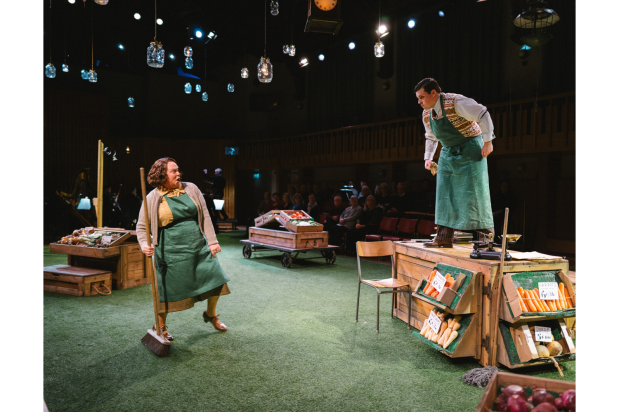
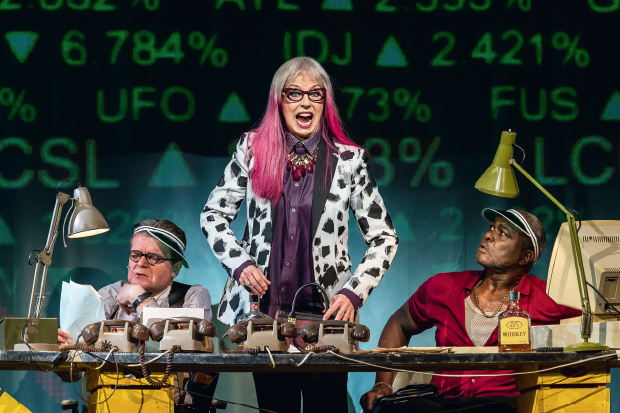
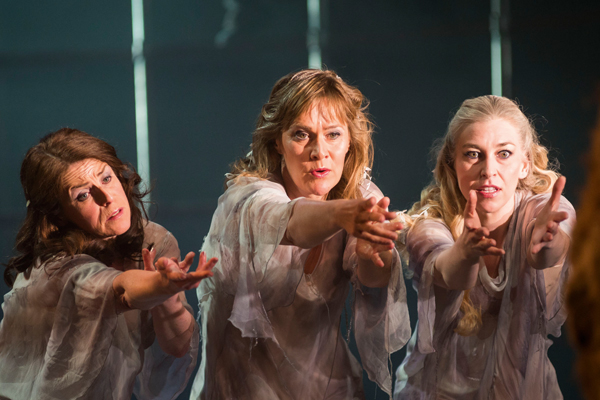
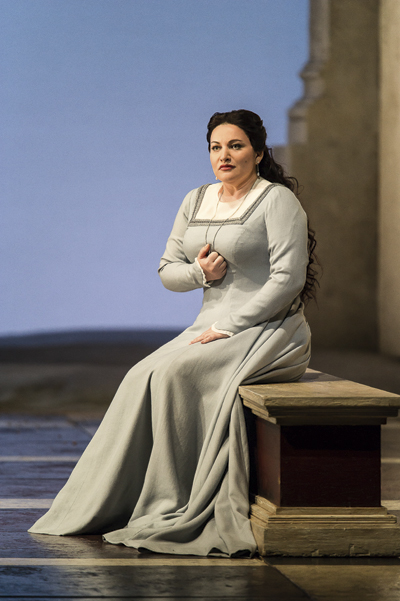

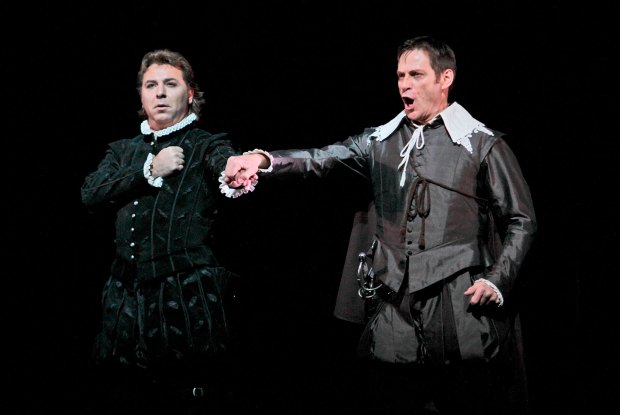






Comments
Don't miss out
Join the conversation with other Spectator Australia readers. Subscribe to leave a comment.
SUBSCRIBEAlready a subscriber? Log in